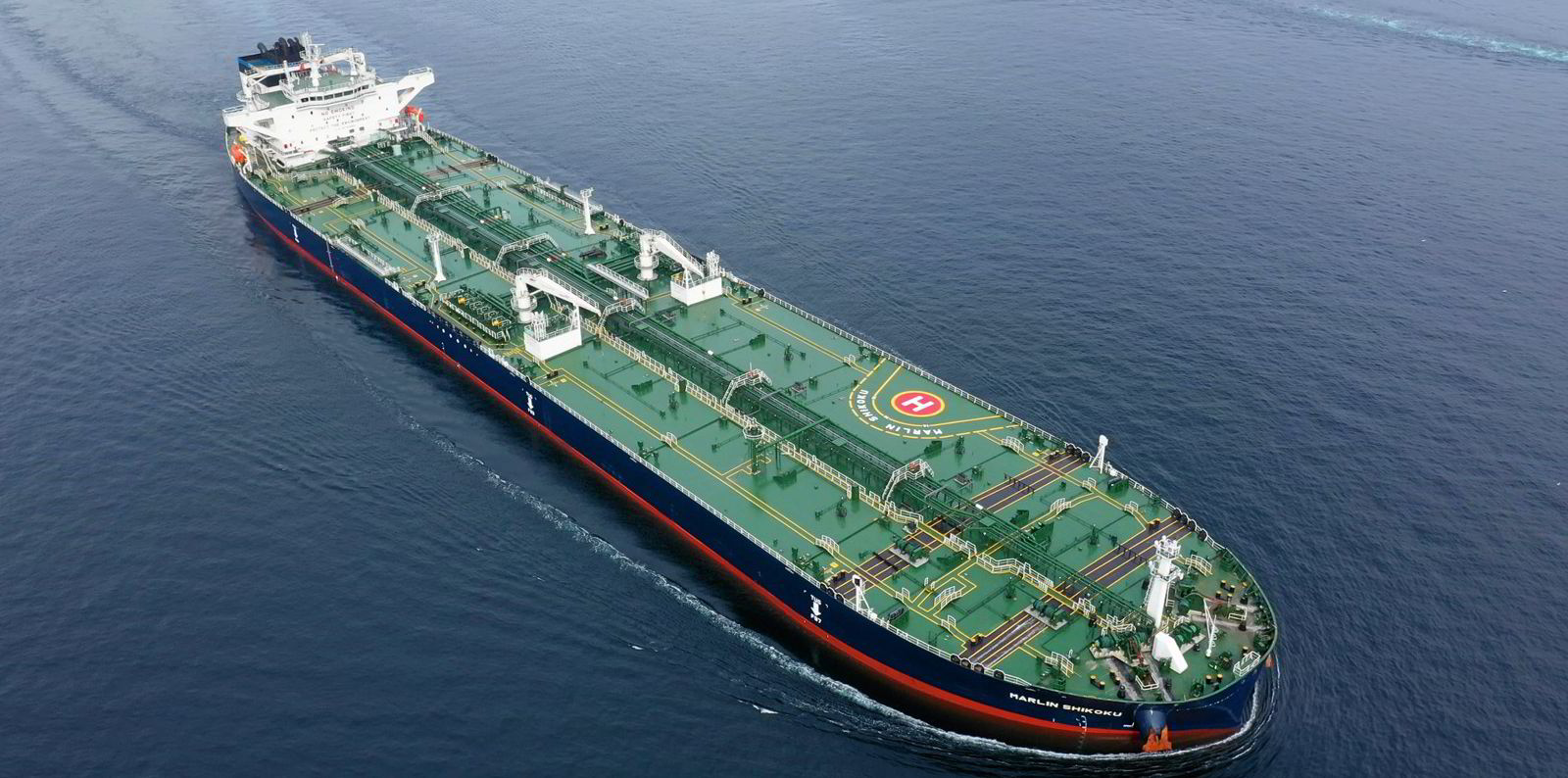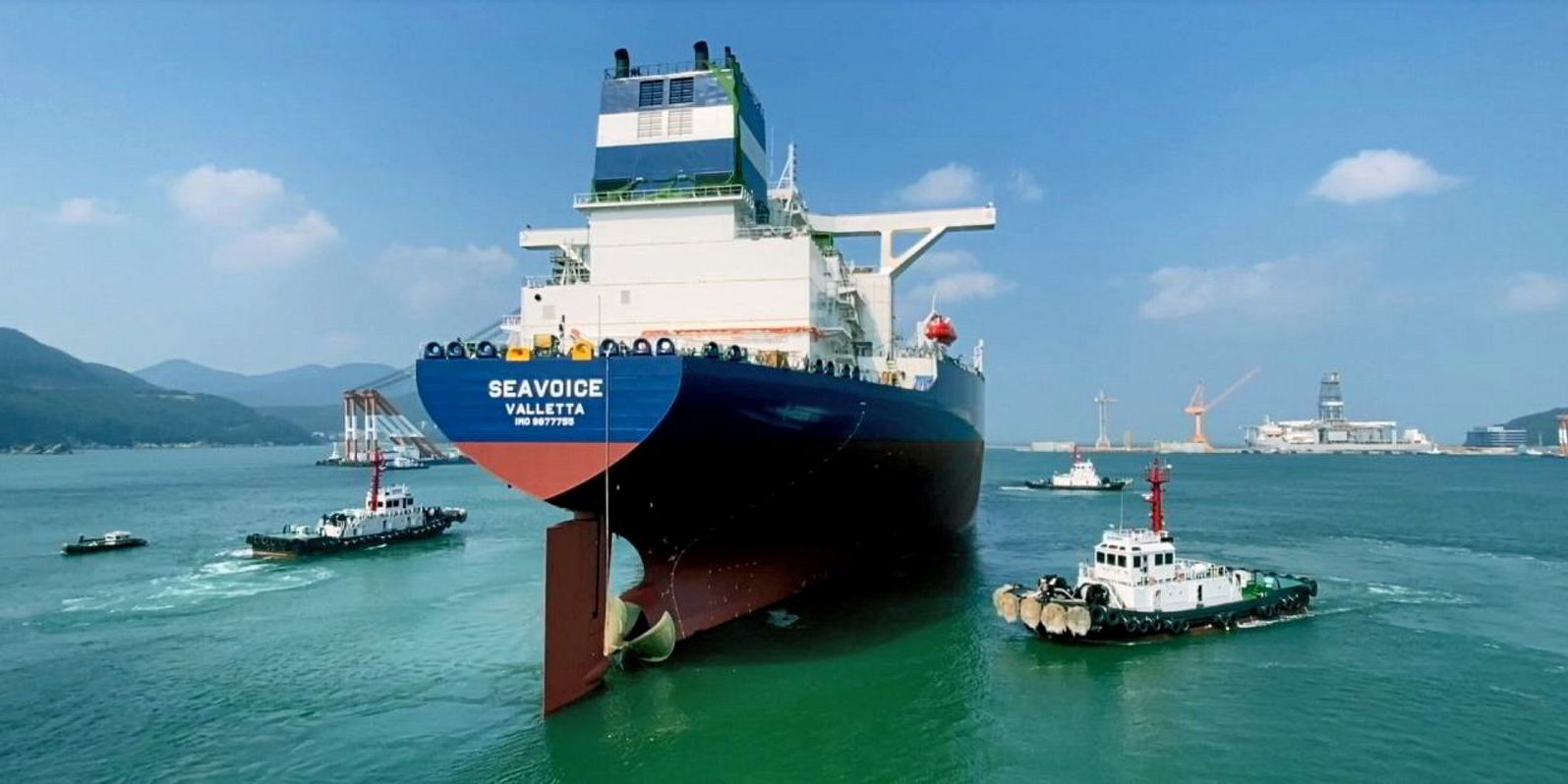The return of Libyan crude exports has boosted aframax and suezmax tanker owners after weeks of listless trading.
Although rates still remain below operating costs, market participants said the rise is a welcome development in an otherwise disappointing winter market.
“The market is just a little back in life,” said a broker.
Average spot earnings for aframaxes have risen by $2,016 over the past week to $4,030 per day on Tuesday, while suezmax earnings increased by $2,811 to $2,321 per day, Arctic Securities said.
Amid slow trading in West Africa and the North Sea, analysts highlighted the rapid increase in Libyan exports following an eight-month blockade as a bright spot.
“Libya’s oil production has made an impressive comeback with output,” said Arctic, a Norwegian investment bank. “This has breathed some life into the listless suezmax market in the Mediterranean.”
As the two sides in the country's civil war continued to make progress in peace talks, Libya’s National Oil Corp lifted force majeure on all oilfields and ports in late October.
The state-run company said crude production had already recovered to 1.04m barrels per day (bpd) in early November, close to the pre-blockade level.
Kpler data shows the Opec member is due to export 1.06m bpd of crude in November, a one-year high.
Fourteen suezmaxes and 25 aframaxes are scheduled to lift from Libyan ports this month. Most of the barrels are destined for Europe and China, but small amounts will end up in India and the Middle East.
Rising supply from Libya, coupled with second lockdowns in Europe, could prompt Opec+ to keep production low in the coming months due to fears of oil oversupply.
Opec, Russia and some other major producers are due to raise their combined output by 2m bpd from January, but early signals from this week’s Joint Market Monitoring Committee meeting suggest the plan is hanging in the balance.
Libya is currently exempted from the Opec+ supply agreement.
“Under the dire market circumstances, the group is widely expected to issue a recommendation for an extension of the current output curbs by up to six months through June 2021,” said Bjornar Tonhaugen, head of oil markets at consultancy Rystad Energy.
Tanker analysts generally believe an extended Opec+ supply cut would lead to a quicker pace of destocking, which would be short-run bearish but long-term bullish for vessel earnings.






